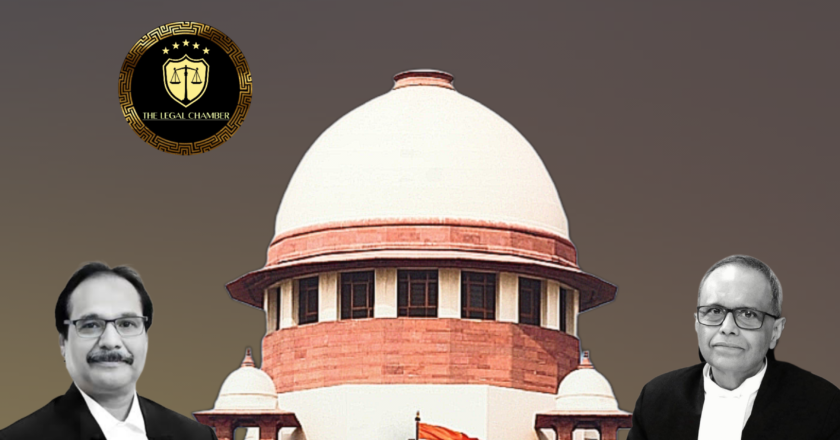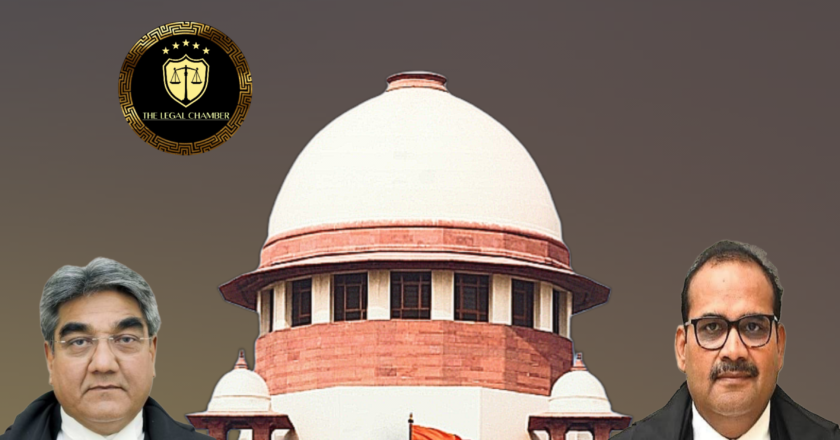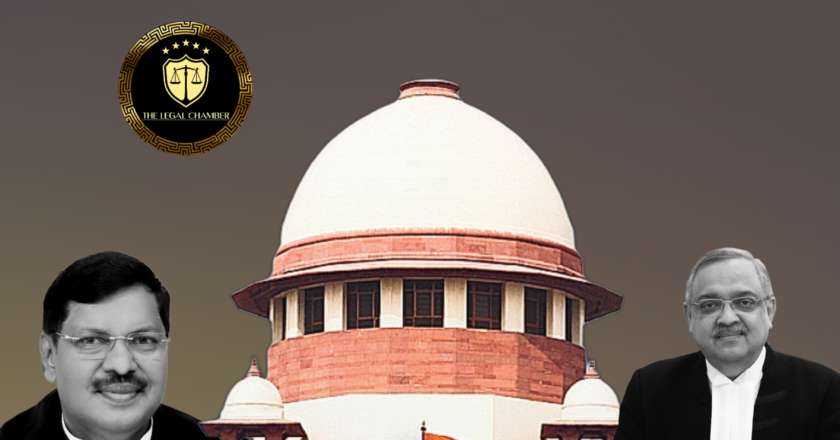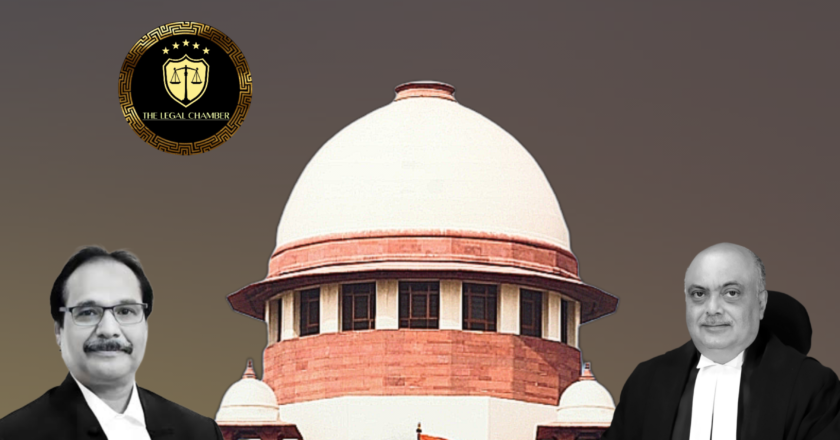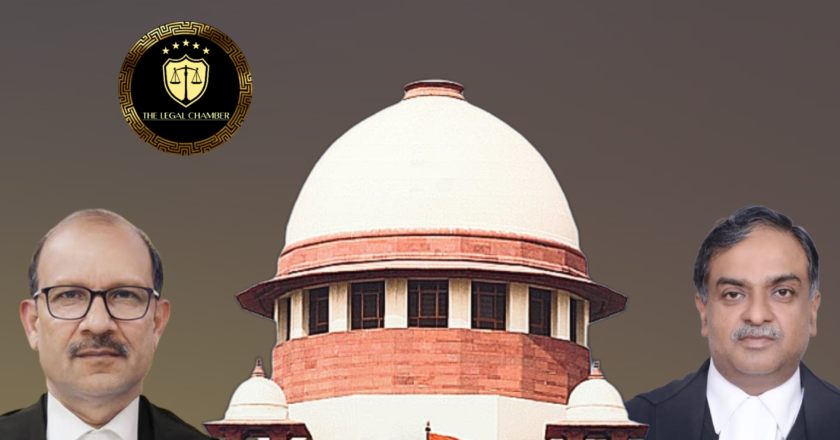“Demand & Acceptance” Not Proved: Supreme Court Acquits Official in Anti-Corruption Case
The Supreme Court reiterated the established principle that an appellate court should not reverse an acquittal unless the trial court’s view is perverse or based on a manifest misreading of evidence. The prosecution must prove the foundational facts of demand and acceptance of a bribe beyond reasonable doubt, and mere recovery of money is insufficient for conviction under the Prevention of Corruption Act.
Facts Of The Case:
The appellant, an Assistant Commissioner of Labour, was accused of demanding a bribe of ₹9,000 from a labour contractor for renewing three licences. The prosecution alleged that a partial payment of ₹3,000 was made on 25.09.1997, with the balance demanded the next day. The complainant reported this to the Anti-Corruption Bureau (ACB), which laid a trap on 26.09.1997. ...
